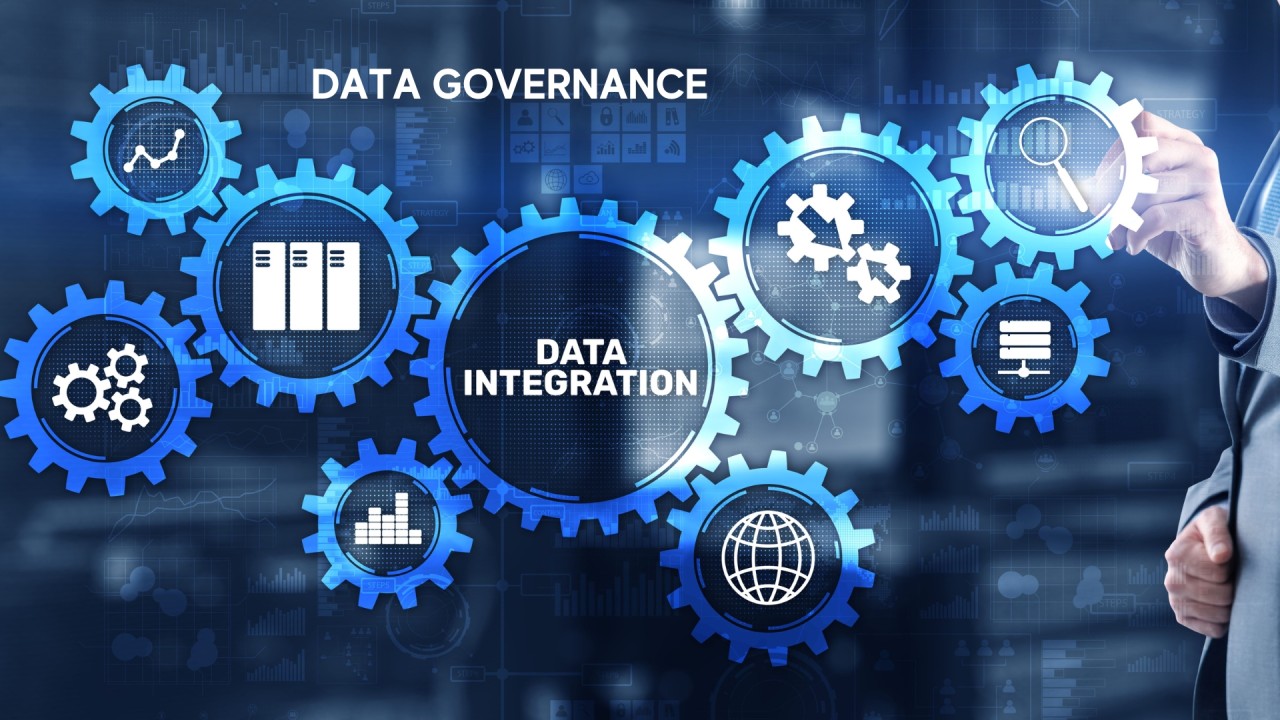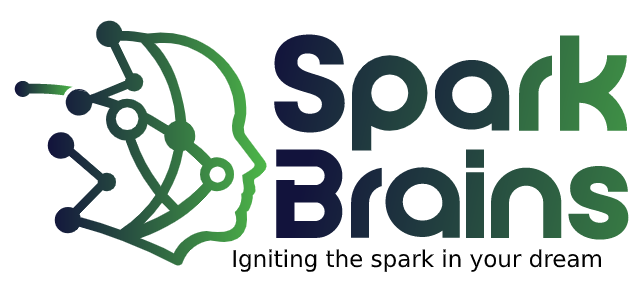Data Governance
Establishing Robust Frameworks for Data Management
Data Governance is the framework that ensures data is managed effectively throughout its lifecycle. It encompasses the policies, standards, and practices necessary to maintain data integrity, privacy, and compliance with regulations. By implementing strong data governance, organizations can protect their data assets, enhance decision-making, and drive business success.
Data Governance for Effective Data Management
Data governance encompasses several essential features that ensure the effective management and utilization of data within an organization.
Key Features Of Data Governance
Data Quality Management
Establishing standards and processes to ensure the accuracy, consistency, and reliability of data across the organization.
Compliance and Regulatory Adherence
Ensuring data practices meet legal and regulatory requirements, thereby reducing risks associated with data breaches and non-compliance.
Data Stewardship
Assigning specific individuals or teams responsibility for data assets, promoting accountability in data handling and usage.
Role-Based Access Control
Implementing defined user roles and permissions to manage access to data, enhancing security and ensuring appropriate data usage.
Tailored Data Governance
Solutions

At SparkBrains, our data governance solutions ensure that your data is secure, well-managed, and accessible, driving informed decision-making and operational efficiency.
- Customized Frameworks
- Comprehensive Audits
- Ongoing Support
Essential Tools and Technologies for Effective Data Governance
Leveraging advanced tools and technologies, we ensure robust data governance that enhances data quality, compliance, and management across your organization.
Data Governance (Collibra, Informatica)
Provide frameworks for managing data policies and compliance effectively.
Data Cataloging Tools
Facilitate efficient discovery and management of data assets.
Business Glossaries
Tools that provide a common vocabulary and definitions for data terms across the organization, enhancing communication and understanding.
Data Quality Tools
Ensure data accuracy and reliability through validation and cleansing.
Data Ethics Management Tools
Solutions focused on ensuring ethical considerations are integrated into data governance practices, addressing issues like bias and fairness.
Risk Assessment Tools
Software designed to identify, assess, and mitigate risks associated with data management practices.
Metadata Management Solutions
Organize and maintain data definitions for better understanding.
Compliance and Risk Management Software
Aid in identifying and managing data-related risks and compliance.
Data Security Governance Solutions
Tools focused on establishing and enforcing data security policies, including access controls and data protection measures.
